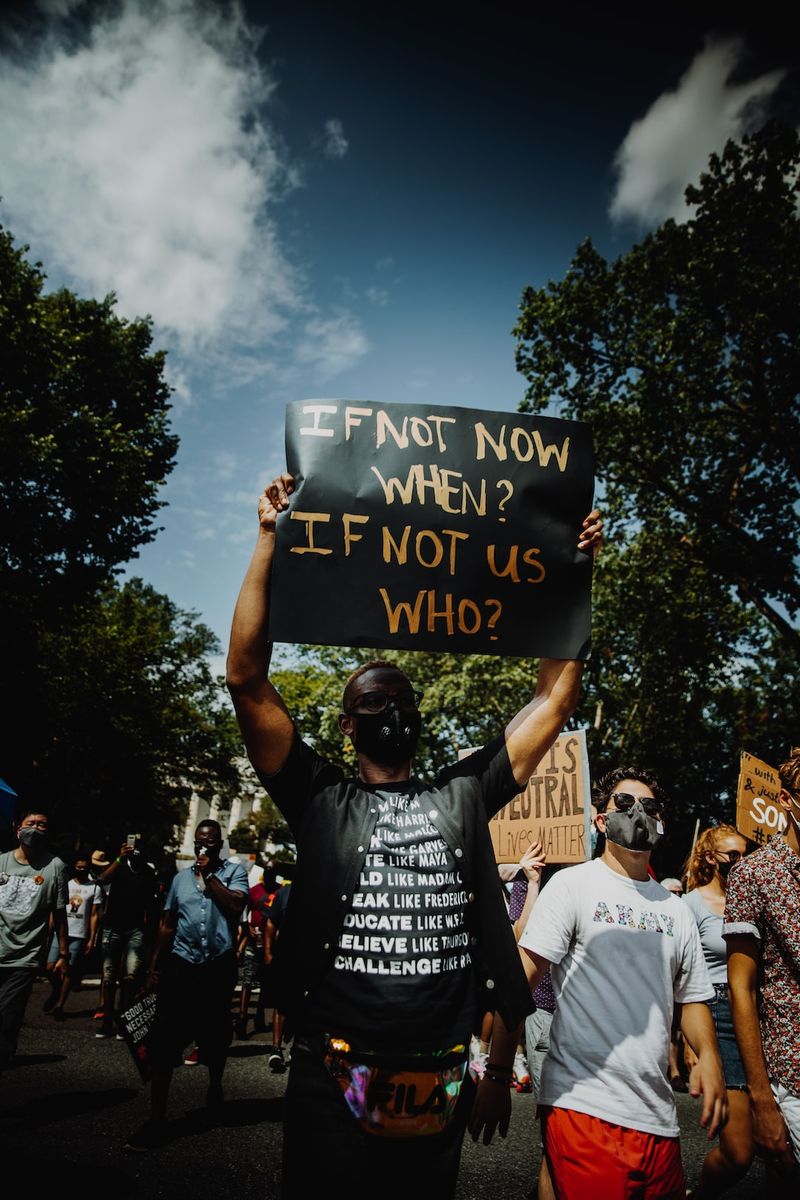UK Home Secretary Suella Braverman Condemns Pro-Palestine Protests as “Hate Marches”
Overview
UK Home Secretary Suella Braverman has stirred controversy by describing pro-Palestine protests as “hate marches.” Braverman claimed that the demonstrations, which were held across the UK in response to Israel’s bombardment of Gaza, featured “a large number of bad actors” engaged in “utterly odious” behavior. She also called for greater action by the Metropolitan Police and other forces to combat antisemitism. Braverman’s comments have sparked widespread debate, with many arguing that her characterization of the protests is overly simplistic and fails to acknowledge the diversity of opinions and motivations among demonstrators.
Concerns over Antisemitism and Extremism
Braverman’s main concern appears to be the rise in antisemitism during the pro-Palestine protests. She points to the chants calling for the “erasure of Israel from the map” as evidence of this troubling trend. Braverman’s remarks indicate her belief that the police should adopt a zero-tolerance approach to antisemitism and take stronger action against those engaging in hate speech. However, critics argue that Braverman’s characterization of the protests as “hate marches” fails to distinguish between peaceful demonstrators and a minority engaged in inflammatory rhetoric. They caution against conflating criticism of Israeli government policies with antisemitism.
Controversy over Rhetoric
One area of contention is the chant, “from the river to the sea, Palestine will be free.” Braverman has branded this slogan as antisemitic, while pro-Palestinian protesters contest this definition. The chant, which has become a rallying cry for many pro-Palestine activists, represents a call for justice and self-determination for the Palestinian people. However, critics argue that it can be interpreted as a call for the destruction of Israel. The differing interpretations of this slogan exemplify the ongoing complexities surrounding the Israeli-Palestinian conflict and the challenge of finding common ground.
Policing and Changing Legislation
Criticism has been directed at Metropolitan Police chief Sir Mark Rowley for his perceived failure to take action against protesters calling for “Intifada” and chanting “from the river to the sea.” Braverman echoes these concerns, suggesting that the police need to do more to crack down on extremism. The Home Secretary also states that she is willing to make changes to terrorism legislation, examining potential amendments to existing laws. It remains to be seen what specific changes Braverman will propose, but this development highlights her commitment to addressing these issues and ensuring public safety.
Editorial and Advice
Braverman’s characterization of pro-Palestine protests as “hate marches” oversimplifies a complex and multifaceted issue. While it is crucial to address rising antisemitism and hate speech, it is equally important to differentiate between inflammatory rhetoric and legitimate expressions of solidarity with the Palestinian cause. Encouraging open dialogue and understanding can help bridge the gap between different perspectives and foster a more nuanced discussion.
In the current context, it is crucial for law enforcement agencies to strike a balance between protecting freedom of expression and curbing hate speech. Authorities should carefully consider the context and intent behind certain slogans or chants before taking action. The police must walk a fine line between safeguarding public order and ensuring that peaceful protests are not curtailed or suppressed. Mutual respect and dialogue can contribute to a more constructive discourse, allowing for the peaceful coexistence of different views.
Furthermore, policymakers should engage in thoughtful considerations on potential changes to legislation, weighing the need for enhancing public safety against protecting civil liberties and freedom of expression. Any amendments made should be subject to robust democratic debate and careful scrutiny. Additionally, efforts should be made to address the root causes of antisemitism and extremism, including education and awareness programs aimed at promoting inclusivity and understanding.
Ultimately, the challenge lies in finding common ground within a deeply polarized and emotionally charged issue. It is essential for politicians, activists, and the general public to engage in respectful dialogue, acknowledging the legitimate concerns and aspirations of all parties involved. Only by fostering an environment of understanding and empathy can progress be made toward a just and lasting peace in the Israeli-Palestinian conflict.

<< photo by Taylor Brandon >>
The image is for illustrative purposes only and does not depict the actual situation.
You might want to read !
- Remembering Aaron Spears: A Musical Legacy Embraced by Ariana Grande, Justin …
- A Shift in Power: Aitana Bonmatí’s Historic Win Secures Spain’s Dominance in Women’s Ballon D’Or
- Breaking Barriers: The Suspension of Andy McDonald Reveals Deep Divisions in Labour Party
- Exploring the Clash: Juventus Prevails Over Hellas Verona in Serie A Showdown
- Exploring the Showdown: Netherlands vs Bangladesh Live Score, ICC World Cup 2023
- The Clash of Heavyweights: Tyson Fury vs Francis Ngannou Fight Date and UK Start Time Revealed
- The Controversy Surrounding Suella Braverman’s Proposal to Ban XL Bully Dogs
- Banning American bully XL dogs: Suella Braverman’s call for action against a “lethal” breed
- The Escalating Risk of Terrorism: Insights from Suella Braverman’s Warning




